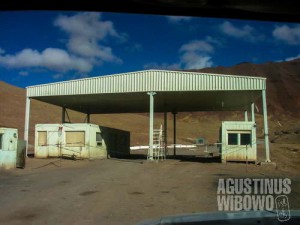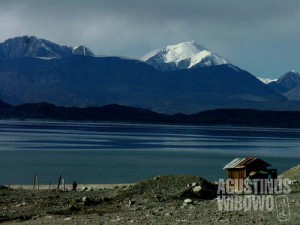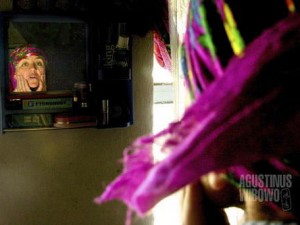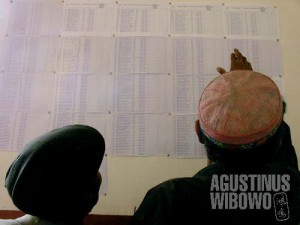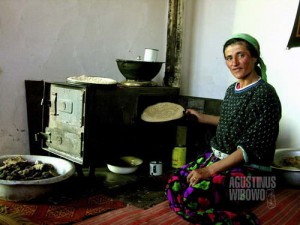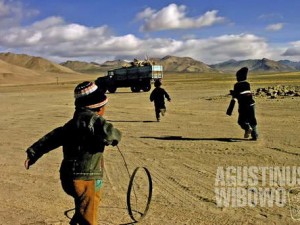Osh – Goodbye Tajikistan
Finally… the truck. And a new country Maybe it was because of the falling stars. When I woke up very early, about 7, as I couldn’t sleep at all the whole night, I saw two trucks were having custom check in Khurshid’s border post. These were trucks owned by Kyrgyz drivers from Kyrgyzstan. My Kyrgyz host helped me with a negotiation (‘chakchak’ in Tajik) with the drivers, and they agreed to take me as far as Sary Tash for 20 Somoni. Sary Tash would be the first Kyrgyzstan city to be approached from here. I was not the only passengers of the trucks. There was already an old Kyrgyz man with his family. The trucks were taking sheep and yaks. The drivers didn’t have document to transport these animals to Kyrgyzstan, so the numerous checkpoints along the road had to be really fuelled by money to smooth up the way. This is the way the business done. Tajikistan’s Pamir region is famous of its animal products, raised by the Kyrgyz and Pamiri Tajik herders. Animals are brought [read more]

